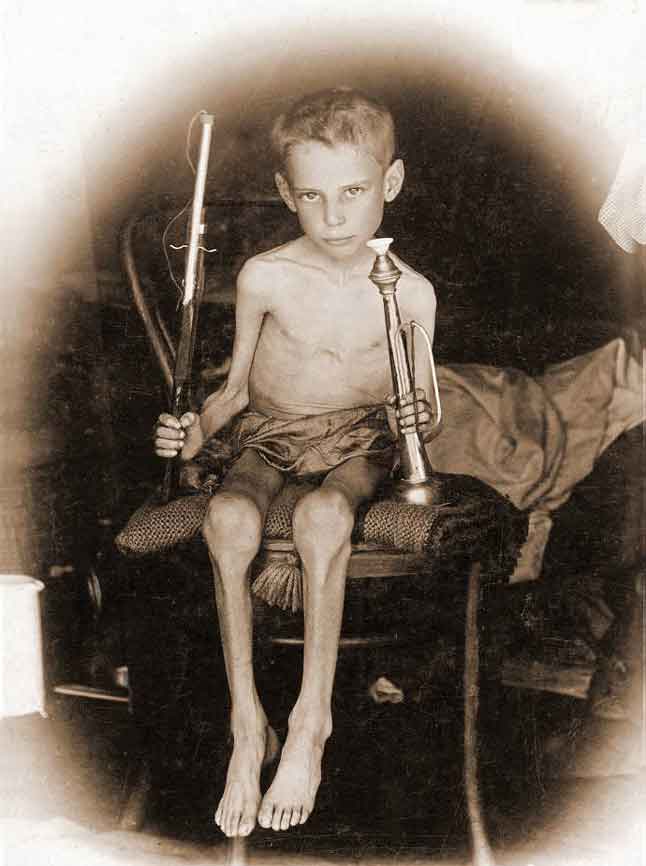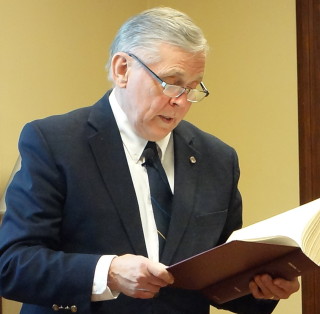The Boer War 1899-1902
- Speaker: James (Jim) Vanstone, M.A., Ph.D.
- When: Thursday, November 15, 2018, 7:30 p.m. to 9 p.m.
- Where: Centennial Hall,
- 288 Beaconsfield Blvd, Beaconsfield, H9W 4A4
- Lecture in English, followed by a bilingual question period
 In 1899 the South African Boer War begins between the British Empire and the Boers of the Transvaal and Orange Free State. The Boers, also known as Afrikaners, were the descendants of the original Dutch settlers of southern Africa. Britain took possession of the Dutch Cape colony in 1806 during the Napoleonic wars, sparking resistance from the independence-minded Boers, who resented the Anglicization of South Africa and Britain’s anti-slavery policies. In 1833, the Boers began an exodus into African tribal territory, where they founded the republics of the Transvaal and the Orange Free State. The two new republics lived peaceably with their British neighbours until 1867, when the discovery of diamonds and gold in the region made conflict between the Boer states and Britain inevitable. Minor fighting with Britain began for the second time in the 1890s, and in October 1899 full-scale war ensued. By mid-June 1900, British forces had captured most major Boer cities and formally annexed their territories, but the Boers launched a guerrilla war that frustrated the British occupiers. Beginning in 1901, the British began a strategy of systematically searching out and destroying these guerrilla units, while herding the families of the Boer soldiers into concentration camps. By 1902, the British had crushed the Boer resistance, and on May 31 of that year the Peace of Vereeniging was signed, ending hostilities. The treaty recognized the British military administration over Transvaal and the Orange Free State and authorized a general amnesty for Boer forces. In 1910, the autonomous Union of South Africa was established by the British. It included Transvaal, the Orange Free State, the Cape of Good Hope, and Natal as provinces.
In 1899 the South African Boer War begins between the British Empire and the Boers of the Transvaal and Orange Free State. The Boers, also known as Afrikaners, were the descendants of the original Dutch settlers of southern Africa. Britain took possession of the Dutch Cape colony in 1806 during the Napoleonic wars, sparking resistance from the independence-minded Boers, who resented the Anglicization of South Africa and Britain’s anti-slavery policies. In 1833, the Boers began an exodus into African tribal territory, where they founded the republics of the Transvaal and the Orange Free State. The two new republics lived peaceably with their British neighbours until 1867, when the discovery of diamonds and gold in the region made conflict between the Boer states and Britain inevitable. Minor fighting with Britain began for the second time in the 1890s, and in October 1899 full-scale war ensued. By mid-June 1900, British forces had captured most major Boer cities and formally annexed their territories, but the Boers launched a guerrilla war that frustrated the British occupiers. Beginning in 1901, the British began a strategy of systematically searching out and destroying these guerrilla units, while herding the families of the Boer soldiers into concentration camps. By 1902, the British had crushed the Boer resistance, and on May 31 of that year the Peace of Vereeniging was signed, ending hostilities. The treaty recognized the British military administration over Transvaal and the Orange Free State and authorized a general amnesty for Boer forces. In 1910, the autonomous Union of South Africa was established by the British. It included Transvaal, the Orange Free State, the Cape of Good Hope, and Natal as provinces.

===============================================